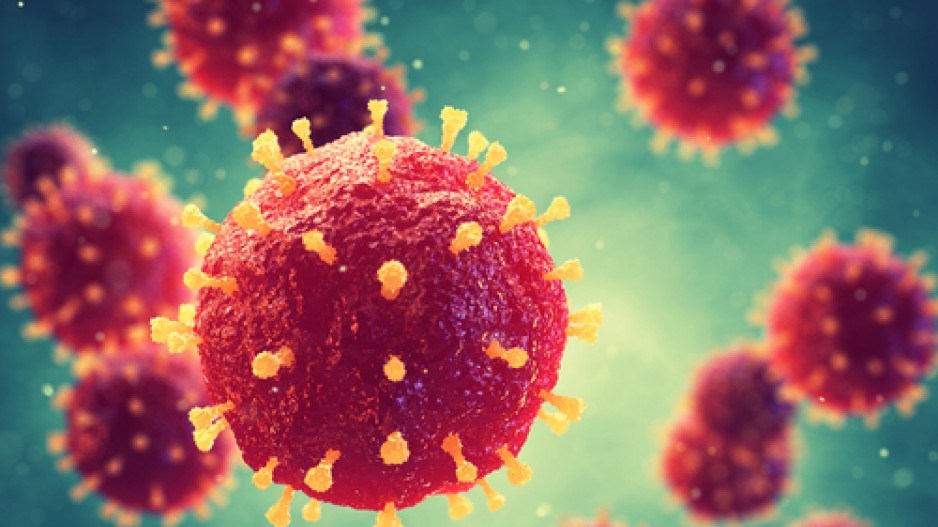NEWS RELEASE
WELLINGTON-DUFFERIN-GUELPH PUBLIC HEALTH
************************
Wellington-Dufferin-Guelph Public Health is working with local health care partners and hospitals to monitor the situation regarding a novel Coronavirus that originated in Wuhan, China.
Coronaviruses are a large family of viruses that cause illness ranging from the common cold to more severe diseases. Novel coronavirus is a new strain that has not been previously identified in humans.
On December 31, the World Health Organization was informed of a cluster of pneumonia cases of unknown cause linked to a seafood market in Wuhan, China. Since that date there have been over 500 cases involving China, neighbouring countries, and one case in the United States. All cases identified outside of Wuhan have some connection to Wuhan. To date there have been no cases in Canada.
“Public Health is working closely with the Ministry of Health, local hospitals and health care providers to ensure residents are protected even if the risk is low.” said Dr. Nicola Mercer, Medical Officer of Health and CEO of Wellington-Dufferin-Guelph Public Health. “Our mandate is to protect the health and safety of our communities and we will continue to be vigilant about this situation while keeping your local health care provider and hospital informed with the latest information.”
If you, or someone you know, has recently returned from Wuhan City in China and has any of the following symptoms they should see a physician immediately:
- respiratory symptoms
- fever, cough
- shortness of breath
- breathing difficulties
Public Health recommends international travelers take precautions to help stop the spread of infection:
- Avoid close contact with people who are sick.
- Wash hands frequently.
- Avoid close contact with farm or wild animals.
- Cover your mouth and nose with a tissue or cough or sneeze into your upper sleeve
